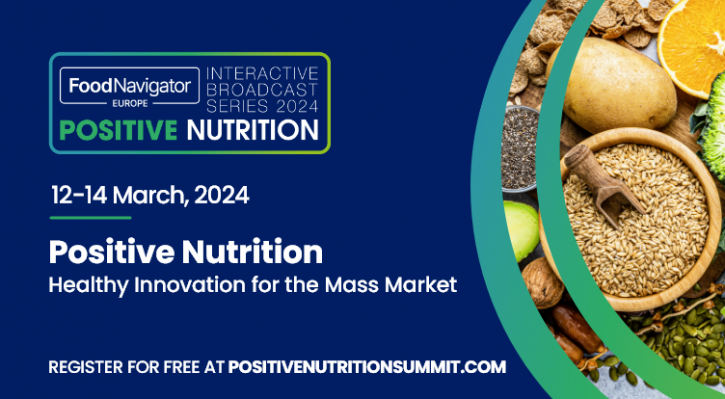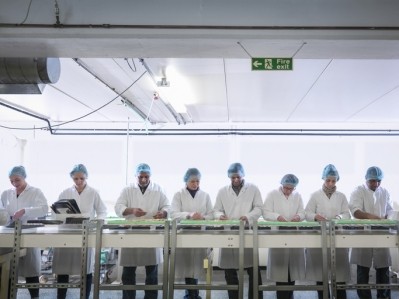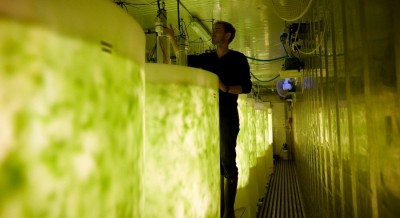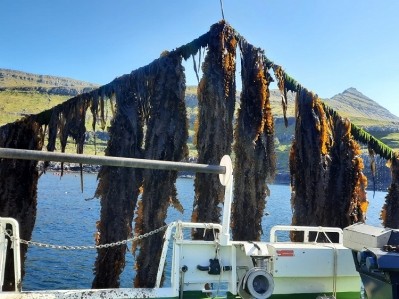Plant-based meat made on the farm? ‘Revolutionary’ short supply chain project backed by EU
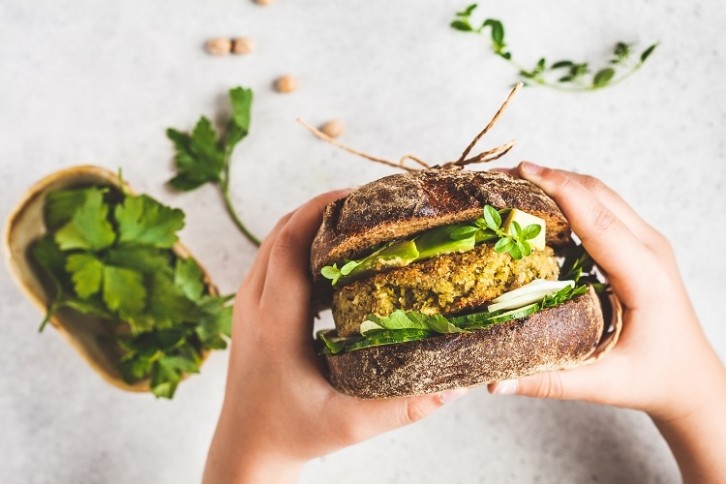
Compared to conventional meat production, plant-based burgers, sausages, and bacon products are considered significantly more sustainable. According to research, plant-based meat substitutes have on average 50% lower environmental impact.
But could production of plant-based meat alternatives be made more sustainably still? A new project in Italy is investigating whether shorter supply chains can help develop sustainable business opportunities and add value for farmers.
Significantly shortening plant-based meat supply chains
The VALPRO Path project, co-funded by Horizon Europe and UK Research and Innovation (UKRI) funds, aims to direct food chain actors towards more sustainable plant protein production for food and feed.
Headed up by Ireland’s agriculture and food development authority Teagasc, the project is also receiving input from academic institutions and members of the private sector including: Aarhus University in Denmark, Italy’s University of Turin, Wageningen University & Research in the Netherlands, impact venture studio Foodscale Hub, drinks and snacks major PepsiCo, and ingredients supplier Kerry.
Five Innovation Production Systems (IPSs) will be explored across the EU, including IPS1 in Italy under the leadership of the University of Turin. Its ambition is to shorten supply chains, bring added value closer to the farm, and set new standards for industry.
By processing plant-based raw materials locally or even directly on the farm, researchers also hope to empower farmers, improve their livelihoods, and promote circularity.
“One of our Italian partners, which is involved in social farming, has constructed a small manufacturing facility on a farm in central Italy which will produce plant-based vegetable burgers using on-farm and locally grown protein crops,” Teagasc's Richard Lynch, VALPRO Path project manager, told FoodNavigator.
The extraction of plant protein into isolate form will be further tested off-farm.
Diversifying plant proteins for plant-based meat production
Another focus area will investigate how the highest value potential can be created from diverse protein crops. “The project will be investigating the production of high value ingredients in the form of whole seed, flour and protein isolate from crops such as lentils, chickpeas, peanuts, lupins, faba beans and peas for use in multiple applications across the food industry,” Lynch explained.
One of the project’s commercial partners in Italy is already developing a plant-based vegetable burger using lentils and chickpeas due to their functionality and regional availability.
“The project also aims to assess the functionality of other crops in order to determine their suitability in a range of food products and their availability within the region of the food manufacturer,” we were told.
The idea is that these ingredients be combined with other ‘constituents’ to develop a range of food products.
To increase the profitability of protein crops at the farm level, specific on-farm technologies will be evaluated in terms of their feasibility and sustainability. Such farm technologies include the drying, cleaning and deshelling/dehulling of protein crops on farm.
“For example in Portugal, one of our partners is working with a group of peanut farmers to evaluate the use of a peanut shelling machine which both adds value for the peanut seed prior to sale and also contributes to a circular economy by enabling the re-use of peanut shells as an organic fertiliser.”
Keen to learn more about plant-based? Register here for our free-to-attend Positive Nutrition digital summit event 12-14 March 2024.
